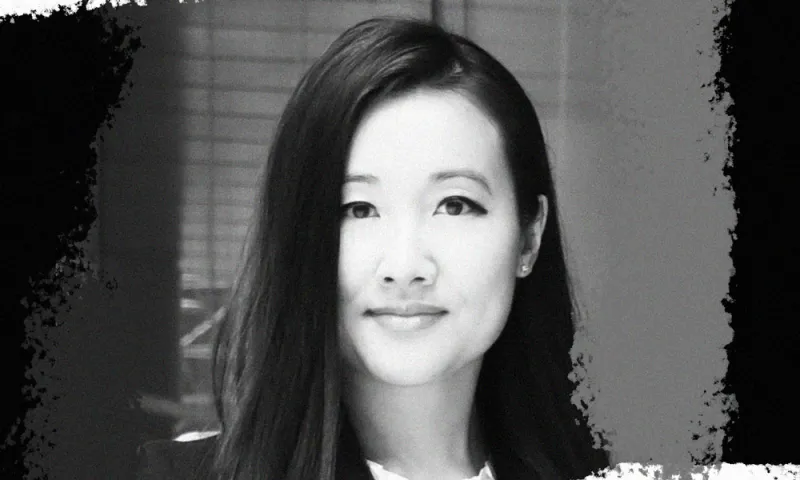The environmental, social, and governance movement has turned the attention of investors toward many issues not traditionally associated with performance. For example, a greater number of market participants now realize the impact that carbon emissions and gender equity can have on a company’s long-term growth prospects.
But there is still one important social component that hasn't received as much focus as other issues: freedom. And that’s why Perth Tolle, creator of the Freedom 100 EM Index, has tried to distance her fund from the ESG movement. In her opinion, many emerging markets ESG indexes have failed to reduce exposure to autocracy because they continue to invest heavily in countries like China.
Founded in May 2019, the Freedom 100 EM Index uses quantitative metrics from third parties to rank countries according to their level of civil, political, and economic freedom. It takes into consideration factors such as terrorism, judicial independence, and labor practices, issues that effectively exclude the world’s second-largest economy — China — from the portfolio.
Tolle told Institutional Investor that her experience growing up in both China and the United States led her to the idea of creating a freedom-weighted emerging markets ETF. She was born in Beijing and moved to the U.S. at age nine. After finishing college in the United States, she lived in Hong Kong and traveled frequently to cities on the Chinese mainland, where she made local friends and began to appreciate her American upbringing.
“I saw things that made me realize that freedom made a difference in my life and in markets,” Tolle said in a phone interview. For example, she was deeply concerned about the one-child policy, which led to millions of unregistered female babies in China, since many rural families prioritize boys. She then moved back to the U.S., where she spent the next ten years working for Fidelity as a financial advisor. There she met clients who didn’t want to invest in their home countries due to concerns over terrorism or other inhumane practices, which eventually gave her the idea to start an exchange-traded fund based on ethical standards.
The investment philosophy, she said, is that in the long run, countries with better freedom scores would potentially outperform those with lower ones. Over the past year, the index has realized a 10.33 percent return, with top bets being placed on companies in Taiwan, Chile, and South Korea. That performance compares, for example, to the -0.85 percent loss taken by iShares MSCI Emerging Markets ETF, which was created by BlackRock with a heavy focus on Chinese stocks such as Tencent, Alibaba, and Meituan.
“We don’t want to be putting our money there when that money could go to similar stocks in freer markets, where there are fewer constraints placed on private market activity by the government,” Tolle said. She believes that government interference has a negative impact on economic freedom, private market activity, and private property rights, all of which contribute to the performance of both markets and individual stocks.
Tolle added that the screening process doesn’t arbitrarily exclude China, because the freedom scores that the fund relies on are provided by third parties. Once she knows which countries to invest in, she allocates funds to the ten largest, most liquid securities (excluding those that are state-owned) in each country, based on that country’s freedom score. Currently, the top holdings include Taiwan Semiconductor, Samsung, and PT Bank Central Asia.
“We can’t wait for China to [join] the index, because that would mean it’s become more free,” she said.







